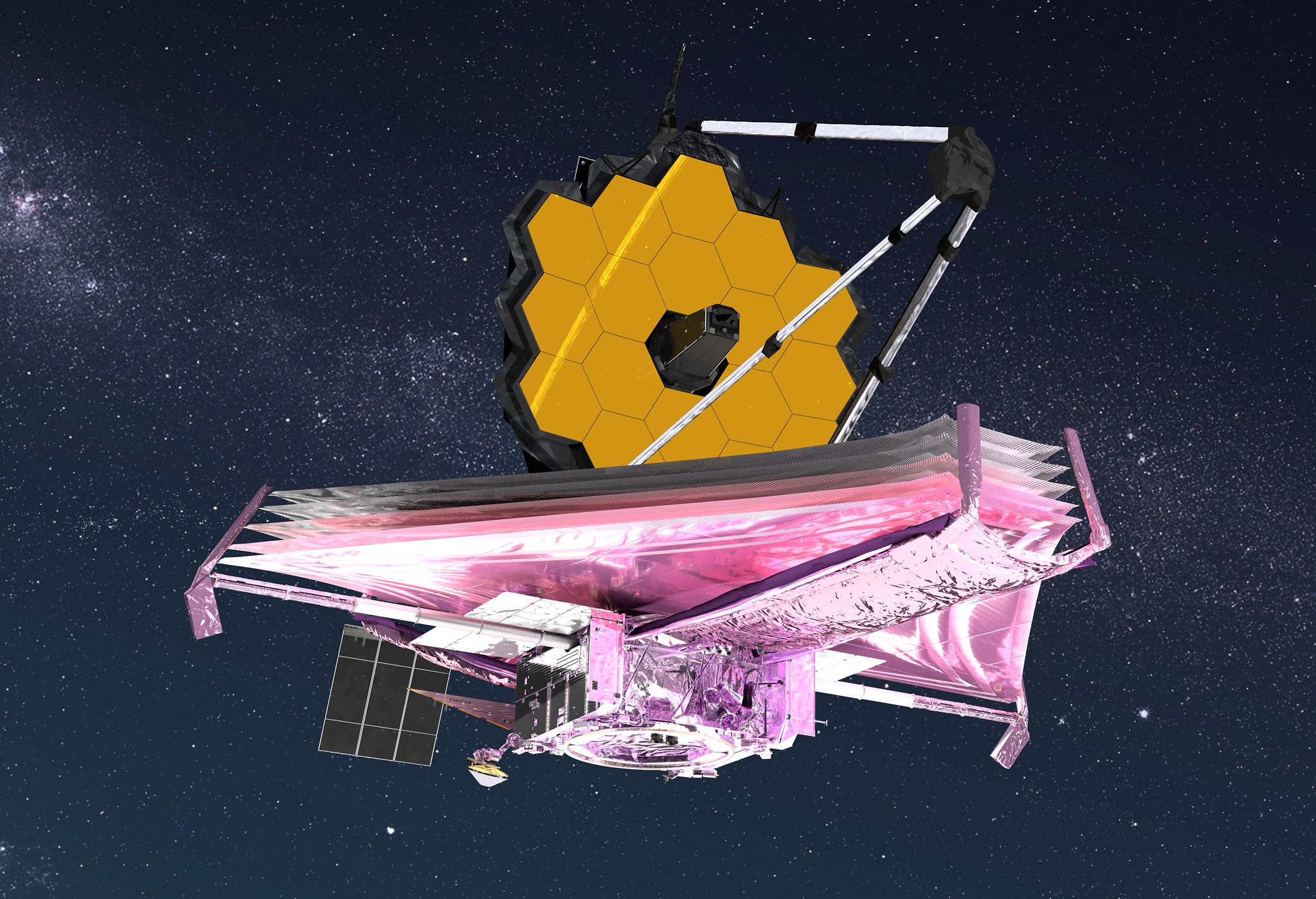Astronomy
Explore Astronomy
Latest about Astronomy
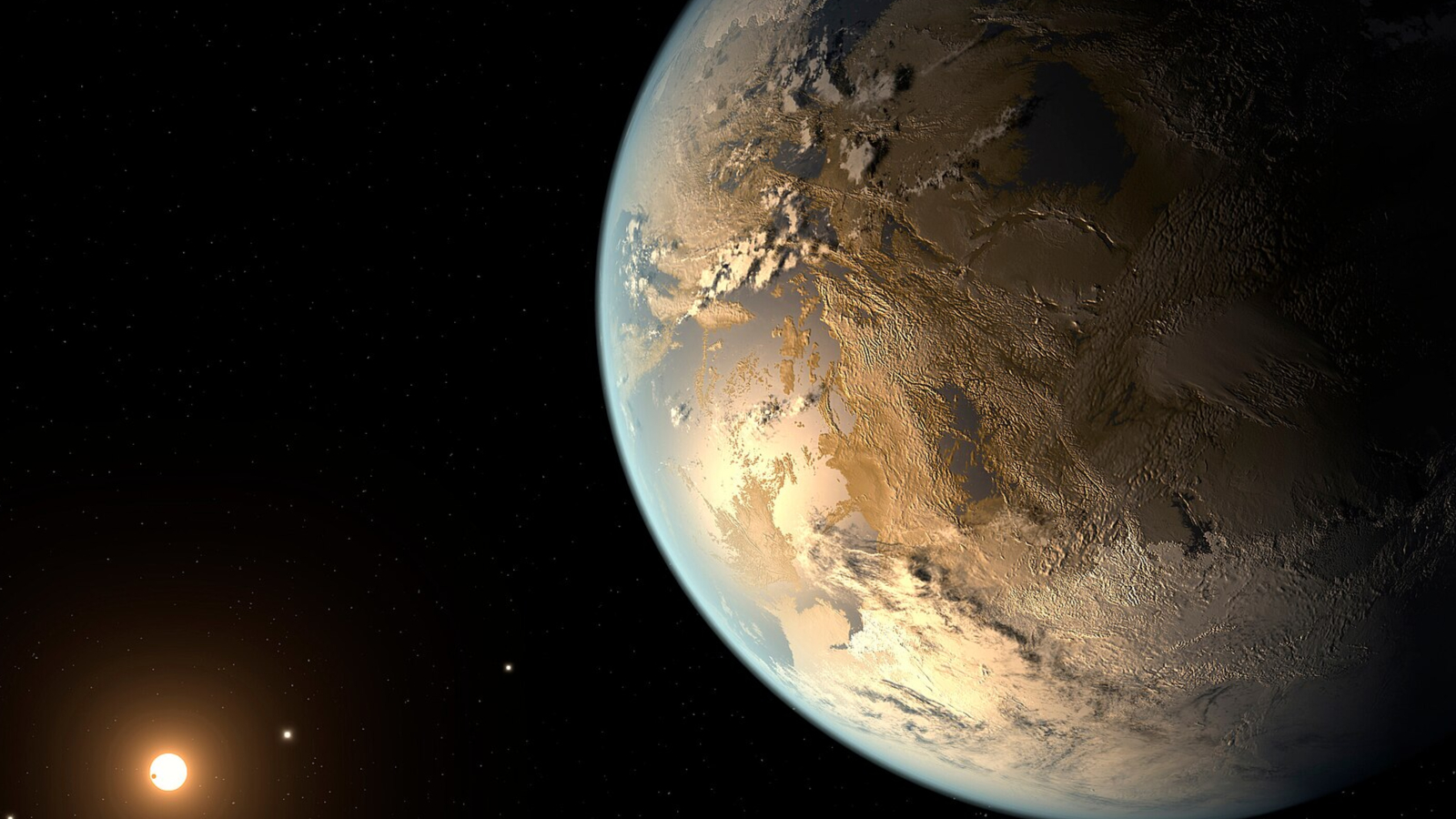
New model helps to figure out which distant planets may host life
By Daniel Apai published
The search for life beyond Earth is a holy grail quest for many experts, but finding where to look is a core issue.
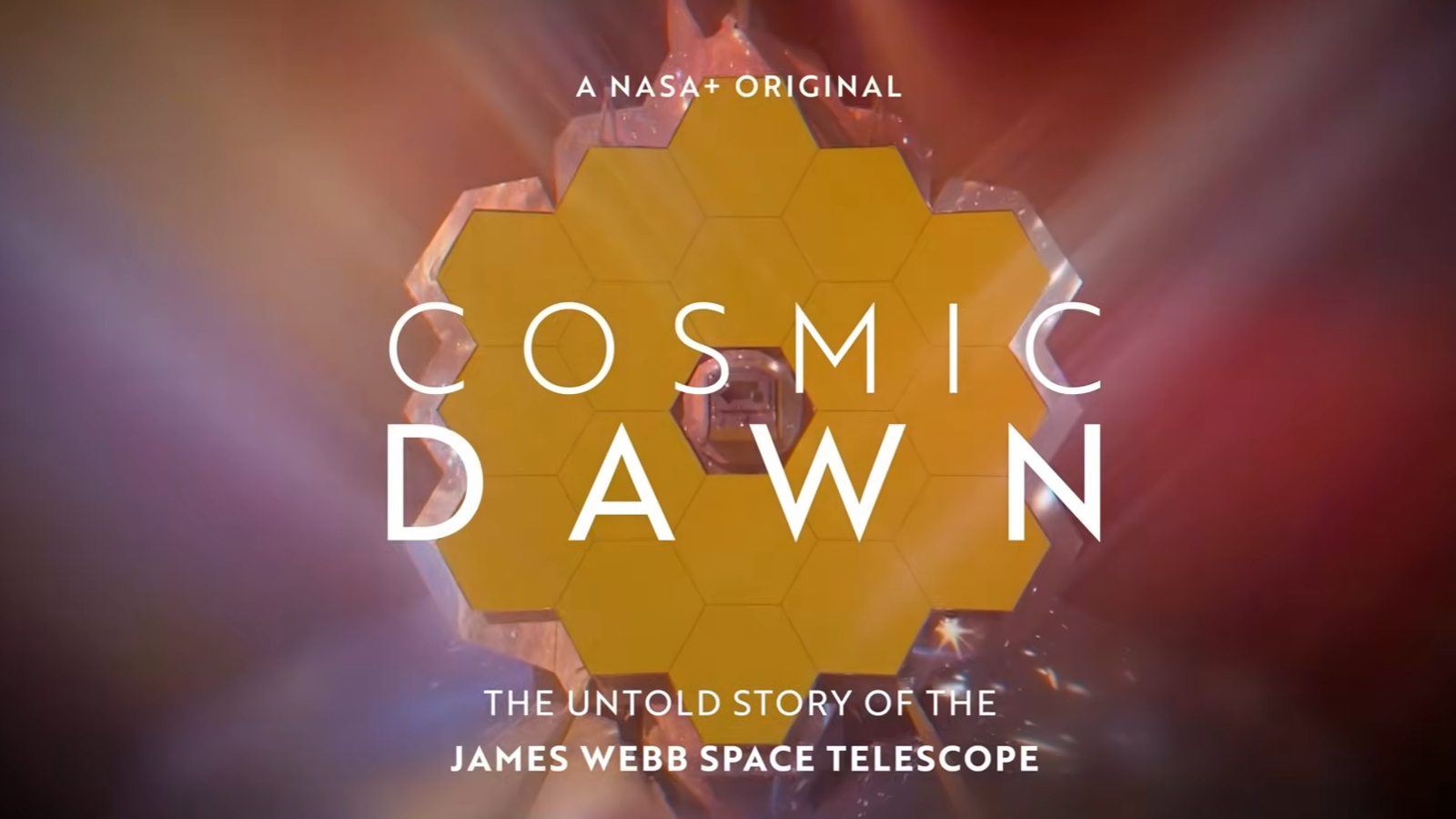
Go inside the development of NASA's $10 billion James Webb Space Telescope with new 'Cosmic Dawn' documentary
By Kenna Hughes-Castleberry published
The film shows never-before-seen footage taken by the JWST film crew as the telescope was being assembled.
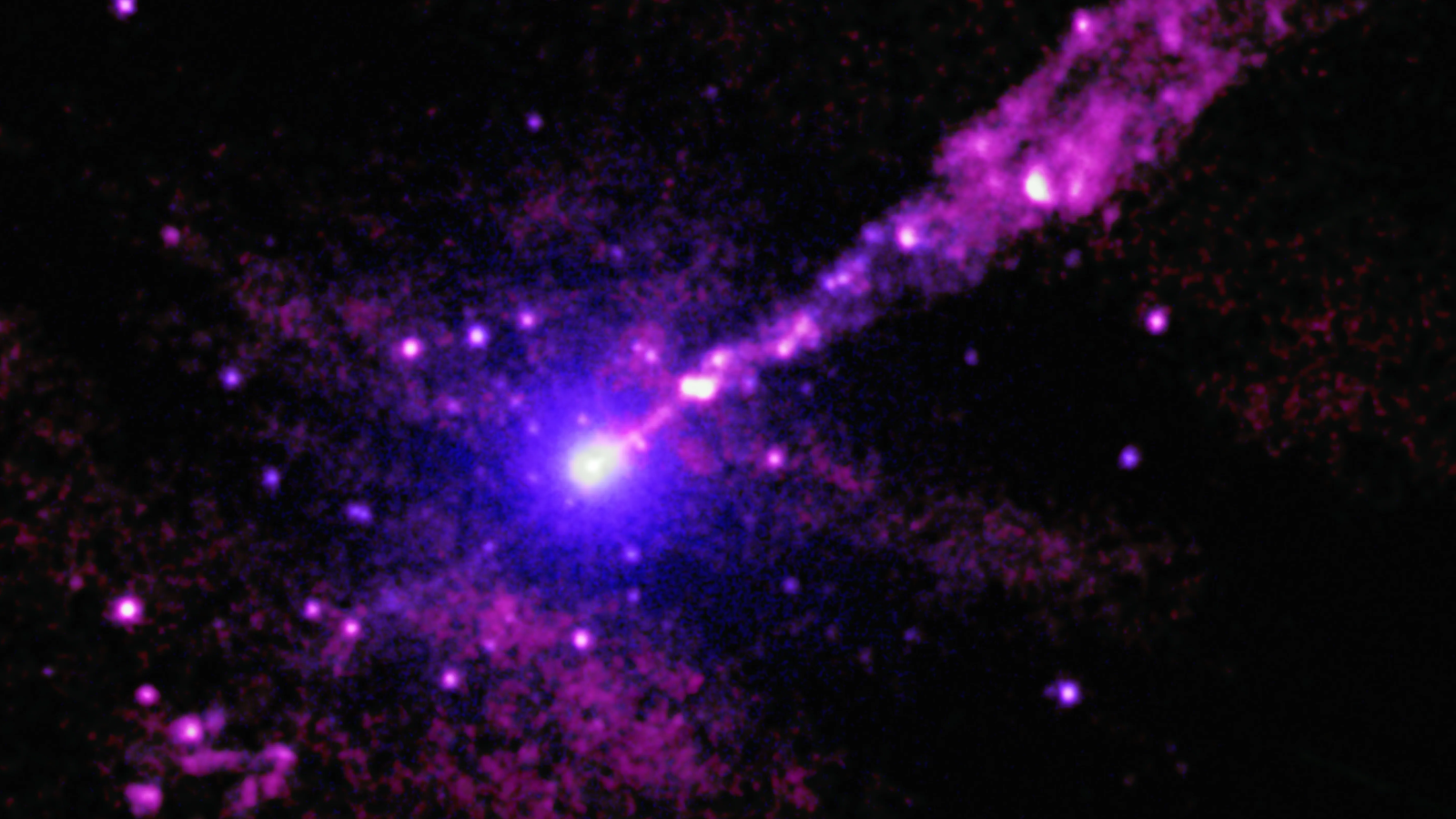
Astronomers discover ultrapowerful black hole jet as bright as 10 trillion suns lit by Big Bang's afterglow
By Sharmila Kuthunur published
"It's like looking for candlelight in close vicinity to a flashlight that's blazing toward us."
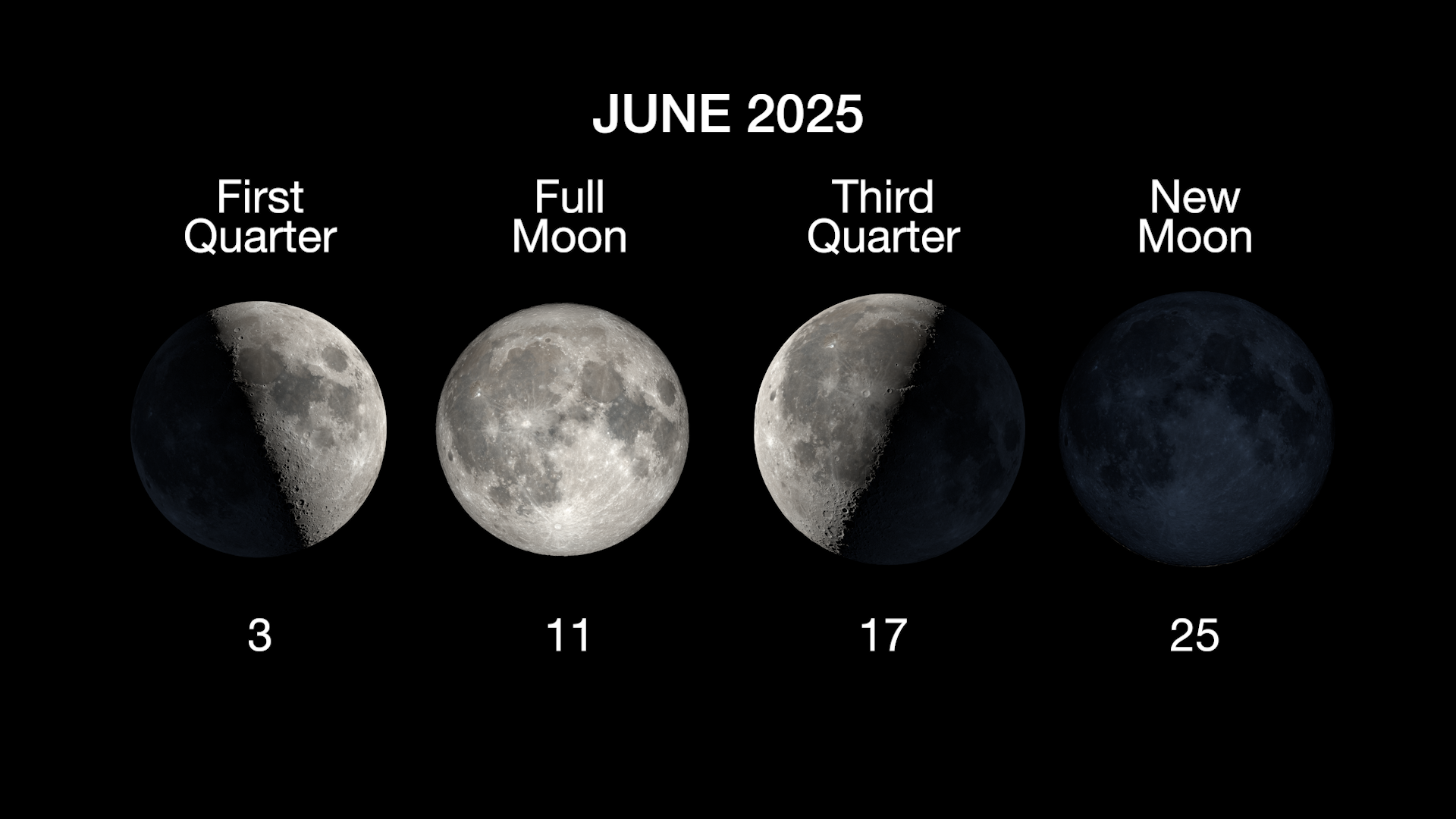
What is the moon phase today? Lunar phases 2025
By Tariq Malik, Daisy Dobrijevic last updated
Reference See what moon phase it is tonight and find out when you can see the rest of the moon phases for 2025.
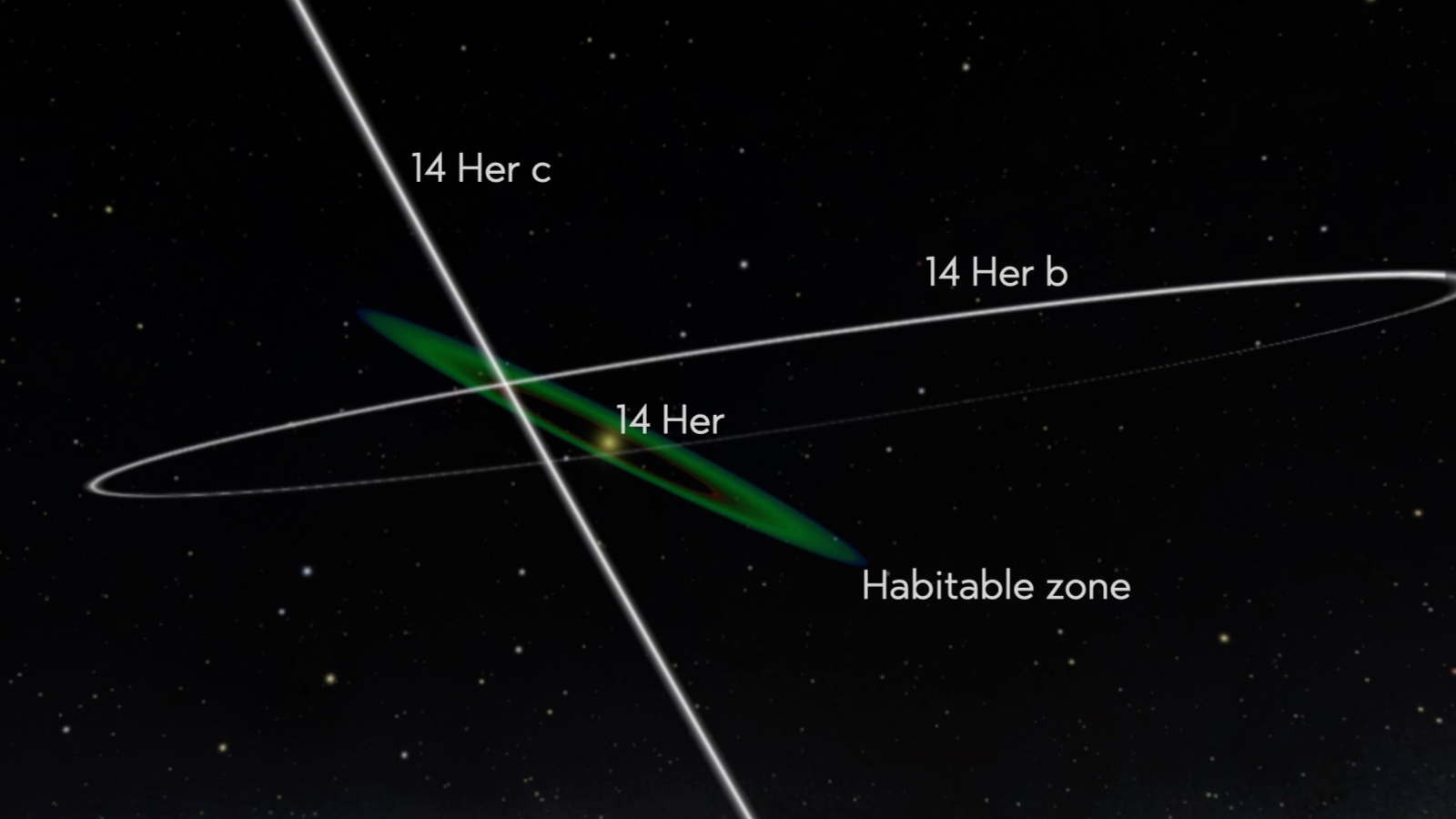
JWST spies frigid alien world on bizarre orbit: 'One of the coldest, oldest and faintest planets that we've imaged to date'
By Sharmila Kuthunur published
The James Webb Space Telescope has notched another milestone, capturing a direct image of one of the coldest and oldest known exoplanets.
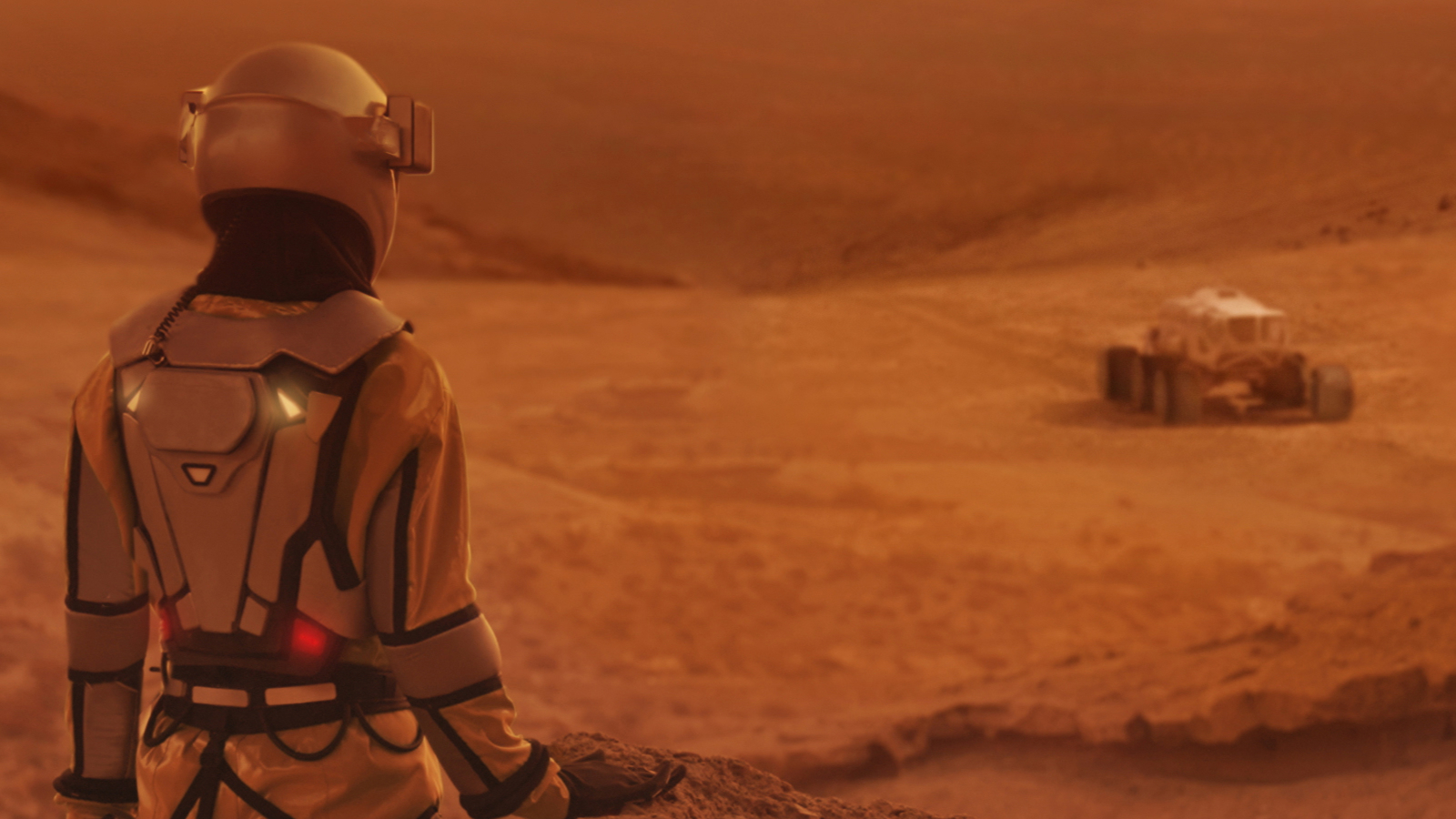
Mars settlement and more: Global space leaders will tackle big ideas next week at ISDC 2025
By Samantha Mathewson published
Space visionaries, scientists, entrepreneurs and students from around the world are set to gather in Florida next week for this year's International Space Development Conference.
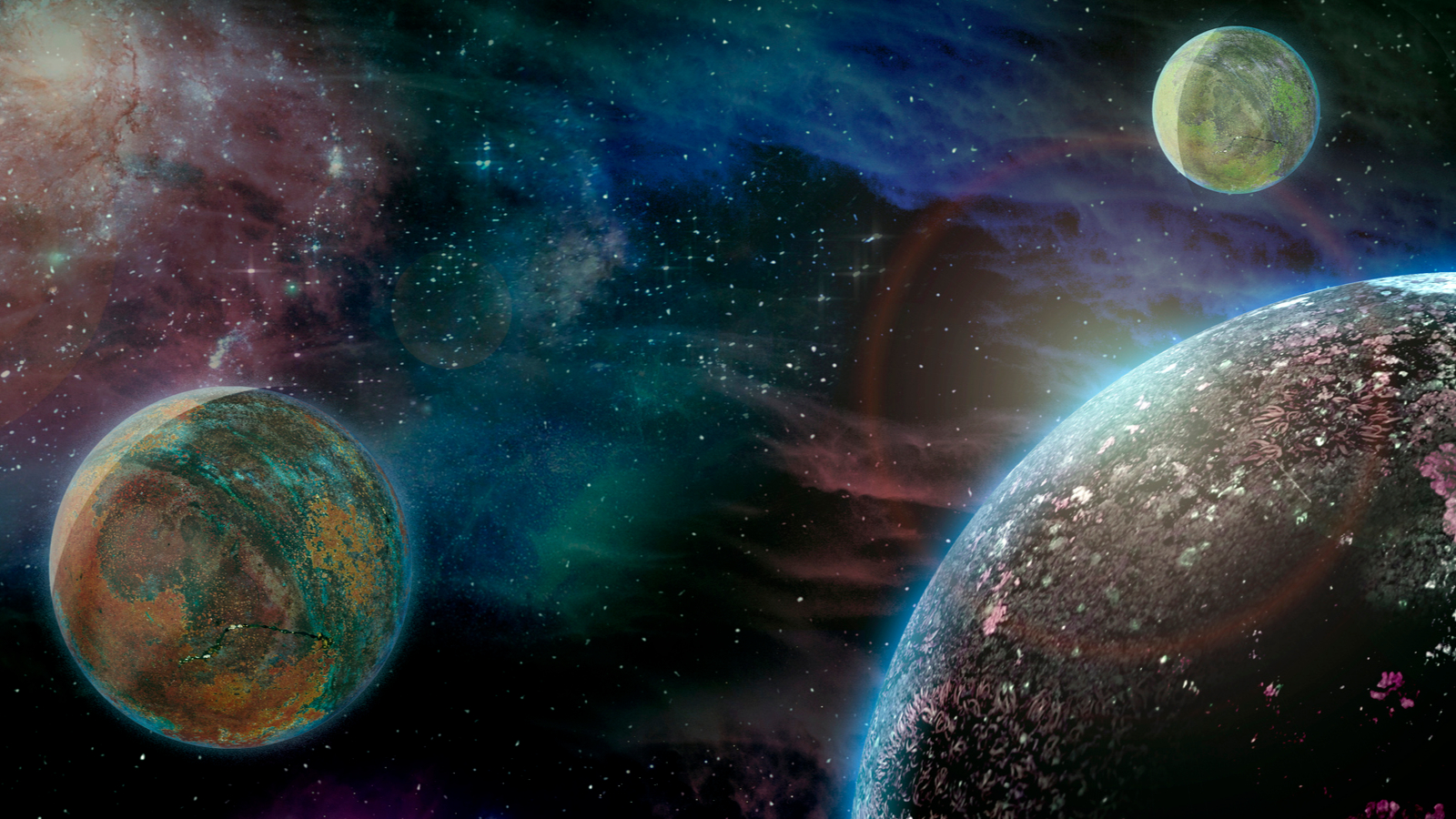
Proposed NASA radio probe could use gravity 'lumpiness' to reveal the insides of alien worlds
By Victoria Corless published
A new probe in development known as GIRO represents a low-cost step toward unlocking the secrets of exoplanets, all through the invisible pull of gravity.
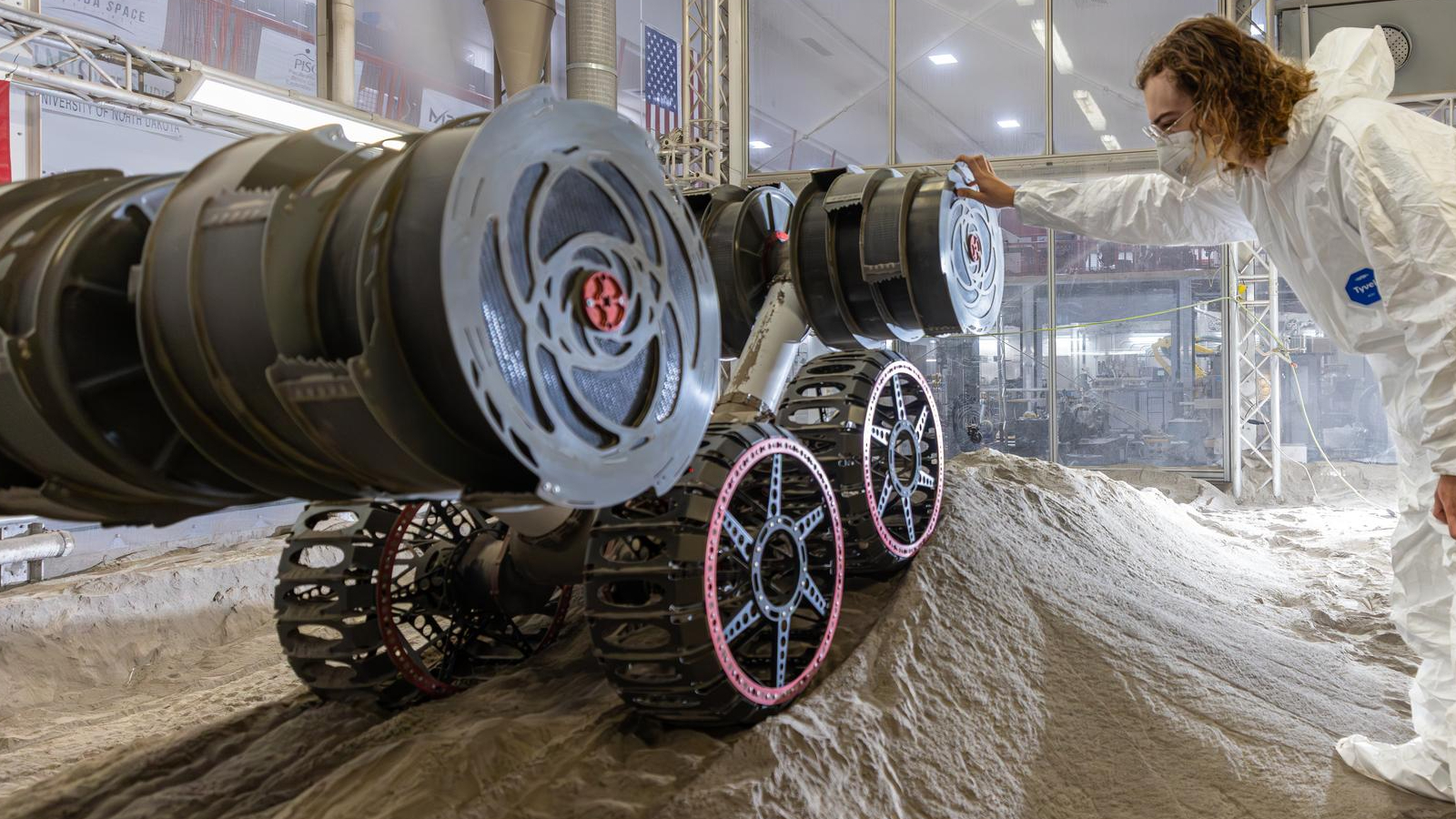
NASA robot digs up simulated moon rocks | Space photo of the day for June 12, 2025
By Kenna Hughes-Castleberry published
At the Kennedy Space Center, a new robot shovels up manufactured lunar dust as part of a larger test.
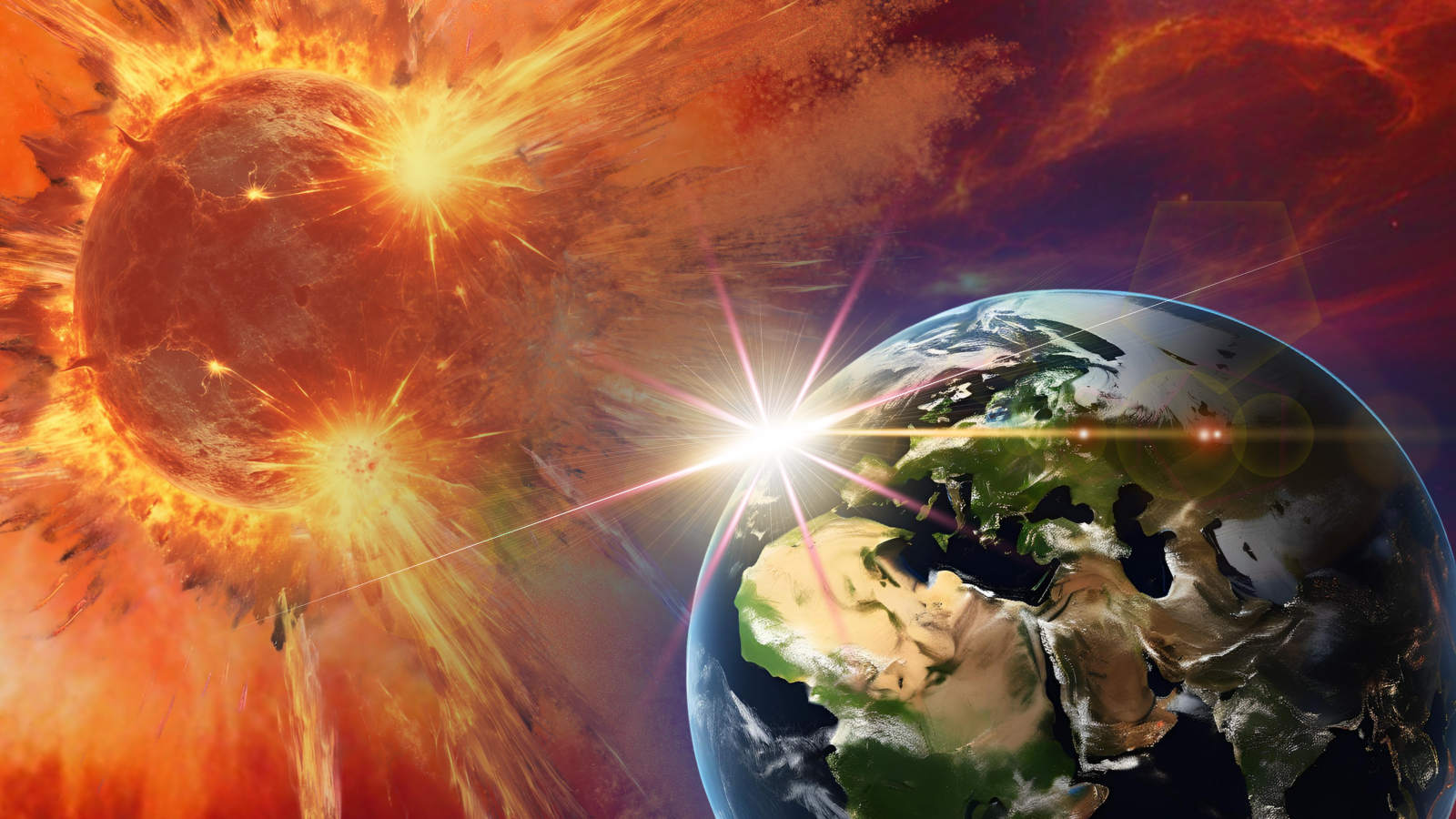
Supernovas may have triggered life-threatening changes in ancient Earth's climate. Scientists say it could happen again
By Robert Lea published
Ancient supernovas may have blasted Earth with powerful radiation, causing dramatic changes in our climate, and could do so again, posing a threat to life.
Get the Space.com Newsletter
Breaking space news, the latest updates on rocket launches, skywatching events and more!
